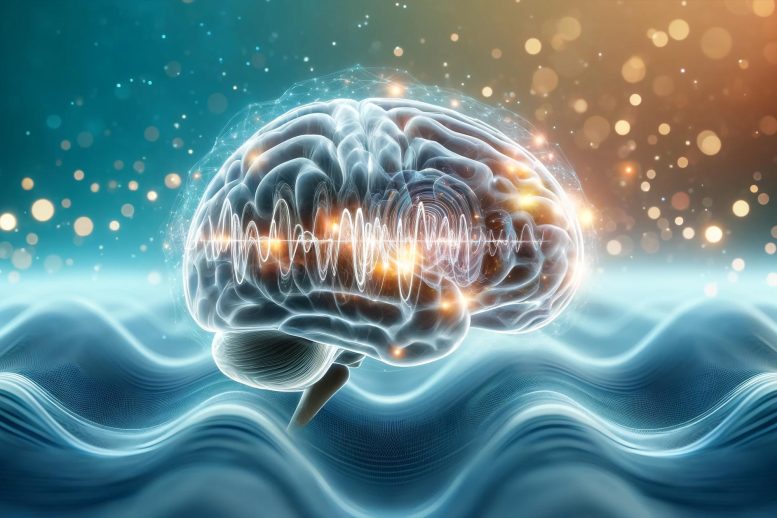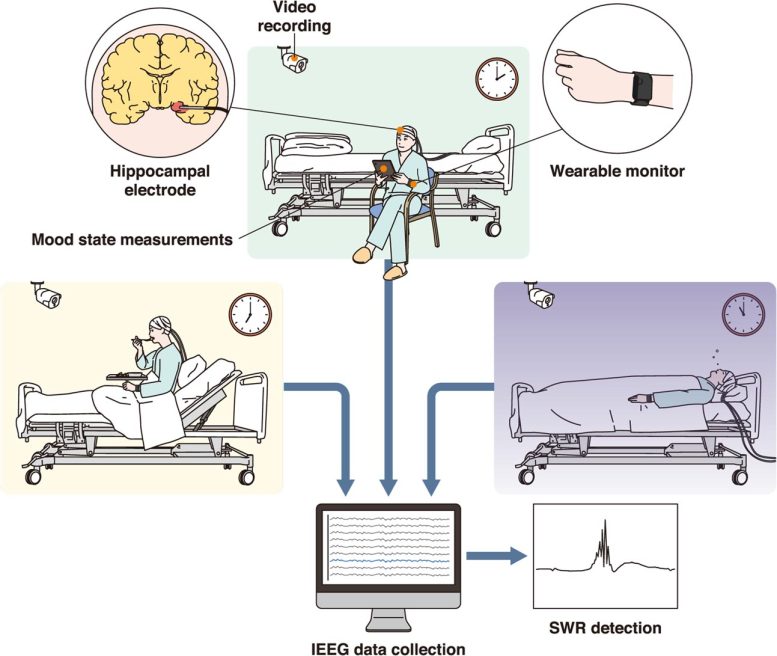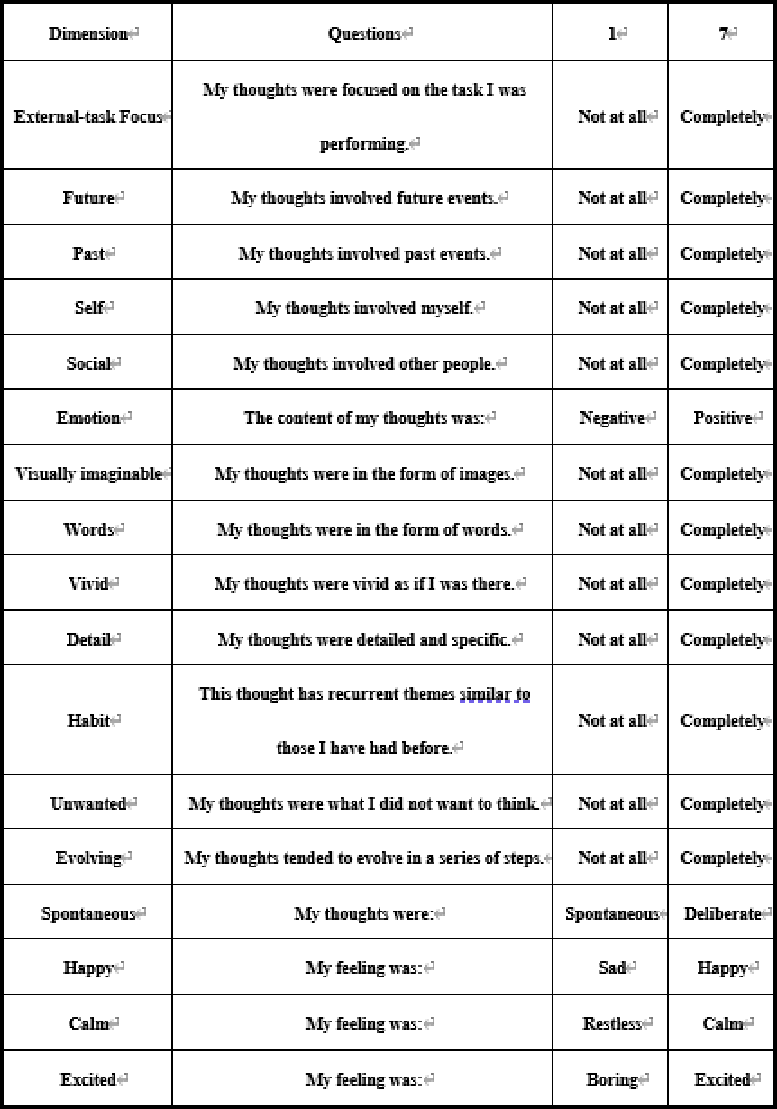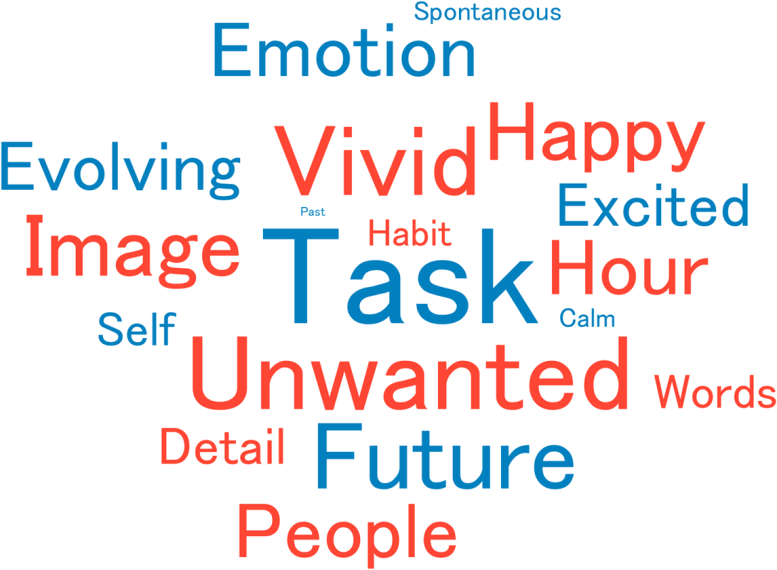
Researchers from Osaka University find that mind wandering, especially when associated with less pleasurable and more vivid and imaginative self-generated thoughts, is associated with a specific pattern of brain activity linked to memory and sleep.
Part of what makes us human is our ability to think about people, places, or events that aren’t currently present—but we still don’t know exactly how our brains do this. Now, researchers from Osaka University have identified a specific kind of brain activity linked with these kinds of thoughts, such as when we daydream or let our minds wander.
Sharp-Wave Ripples and Memory
When we think about things that aren’t actually happening, like when we daydream, the brain is essentially making up information rather than receiving and processing it—for this reason, researchers classify it as a “self-generated” brain state.
In a recent study published today (May 22) in the scientific journal Nature Communications, researchers from Japan have identified that these self-generated states are associated with a specific pattern of brain activity known as “sharp-wave ripples.” These ripples start in the hippocampus, a brain region that is essential for making and retrieving memories.

Methodology of Brain Activity Study
To study the relationship between these sharp-wave ripples and different kinds of thoughts, the research team made use of the information that’s collected when patients with drug-resistant epilepsy are about to undergo surgery (to remove the starting point of the epileptic activity in the brain). Intracranial electrodes are implanted in the hippocampus in these patients and the activity in the brain is continuously tracked, so that the surgeons can identify the epileptic region and be sure that they aren’t removing a part of the brain that will have unexpected consequences.
“We asked patients undergoing this electroencephalographic brain monitoring for 10 days to complete an hourly questionnaire relating to their thoughts and emotions,” says lead author of the study Takamitsu Iwata. “We mainly wanted to see if we could identify any links between the recorded brain activity and how the patients were feeling and thinking at the time.”

Findings on Brain Activity and Thought Patterns
In general, the sharp-wave ripples from the hippocampus were generated in patients at night (presumably during sleep). Furthermore, the research team noticed a link between increased sharp-wave activity and thoughts that were more vivid or imaginative and less desirable or task-related, i.e. when their minds wandered.
“Notably, although our study was conducted entirely on people with epilepsy, we did our best to remove epilepsy-related data so that the results are applicable to healthy populations,” explains Takufumi Yanagisawa, senior author of the study. “The similarities between many of our results and those of previous studies, using other species or methods, indicate that our approach worked well.”

Implications for Understanding Brain Functions
There is increasing evidence that self-generated brain states, including mind wandering and intrusive thoughts, have complex links with intelligence, autism, attention deficit disorder, and happiness/well-being. A better understanding of the brain regions and activity that cause these states may therefore help people with a range of different conditions.
Reference: “Hippocampal sharp-wave ripples correlate with periods of naturally occurring self-generated thoughts in humans” by Takamitsu Iwata, Takufumi Yanagisawa, Yuji Ikegaya, Jonathan Smallwood, Ryohei Fukuma, Satoru Oshino, Naoki Tani, Hui Ming Khoo and Haruhiko Kishima, 22 May 2024, Nature Communications.
DOI: 10.1038/s41467-024-48367-1